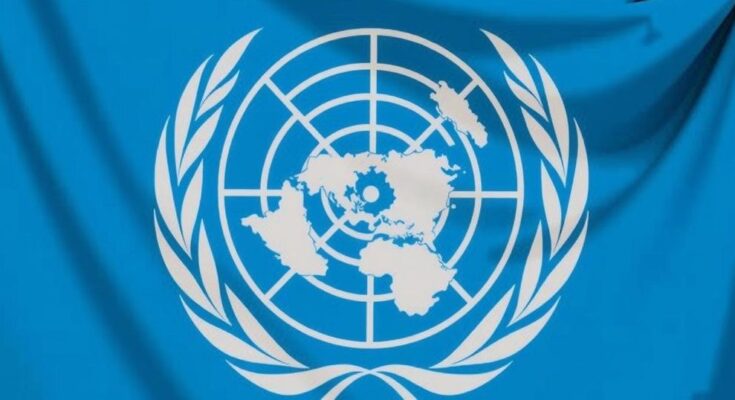Argentina has announced its withdrawal from the UN peacekeeping mission in Lebanon, signaling potential discord within the force. The move follows rising tensions between Israeli troops and Hezbollah fighters, posing questions about the impact on regional stability. UNIFIL spokesperson confirmed the decision, while further comments were deferred to Argentina’s government.
Argentina has communicated its decision to withdraw from the United Nations Interim Force in Lebanon (UNIFIL), as confirmed by a spokesperson for the mission, Andrea Tenenti. This marks the first indication of potential discord within the peacekeeping force, which currently consists of 10,000 personnel deployed to maintain peace along the boundary line with Israel, amidst ongoing hostilities in the region. Tenenti noted that Argentina has requested its officers to return home, while refraining from commenting on the motivations behind this decision, deferring inquiries to the Argentine government.
The United Nations Interim Force in Lebanon (UNIFIL) has been active in southern Lebanon since 1978, tasked with monitoring the ceasefire between Israel and Lebanon. In recent times, the region has witnessed escalating tensions, particularly between Israeli forces and Iran-backed Hezbollah, which has complicated the peacekeeping efforts. Argentina is one of the 48 contributing nations to UNIFIL, emphasizing an international commitment to maintaining stability in a volatile region. The mission’s unity is crucial, and Argentina’s withdrawal raises questions about the future dynamics of the peacekeeping operation.
In conclusion, Argentina’s withdrawal from the UNIFIL peacekeeping mission in Lebanon signifies a troubling development for the unity of international efforts in the region. With ongoing hostilities between Israel and Hezbollah, the implications of this decision may impact the effectiveness of the United Nations’ mandate in promoting peace and stability along the Lebanon-Israel border. The response from Argentina’s government regarding this move remains awaited, which could shed light on the underlying reasons for the decision.
Original Source: www.jpost.com




